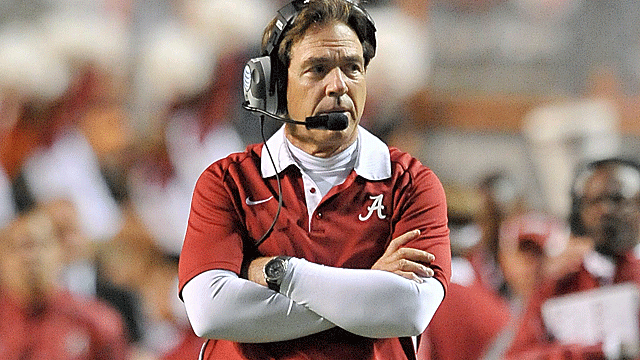
From the Boston Herald & writer Steve Bulpett. WHAT A MINDSET!!!!
There is a
thread that runs through any Celtics team stats conversation regarding Jared Sullinger. You
can ask about his low-post offense or his rebounding or his grasp of the
defense or his ability to step out and hit the midrange jumper, and somewhere
in the first paragraph of the response there is certain to be one distinct
phrase.
High
basketball IQ.
Coach Doc Rivers is loath to give rookies meaningful
minutes right out of the gate, but Sullinger got the start Saturday night in
Washington and went for a very solid and complementary four points and seven
rebounds in 30 minutes in the 89-86 win.
Kevin Garnett endorsed the move,
saying, “He brings a different component, more importantly rebounding. He knows
how to play without the ball. He’s a great passer. He blends well with our
starting group.”
Sullinger has earned his time by
not only doing what he is told but understanding it. And there are reasons for this.
He’s got a good intellect on his shoulders, but it probably helped that his
high school coach used to follow him home.
That would be Satch Sullinger,
former mentor at Columbus Northland, one of the exemplary programs in the state
of Ohio.
Father heard and read the praise
for his son.
“It makes me feel like I was
right on target with how I’ve been teaching the guys to play,” said Satch, who
has sent a string of players on to collegiate success. “It makes me feel good,
man. But it’s not about me; it’s about getting guys prepared to play a game
that they love.”
As he speaks, he gathers steam.
“It all starts with character and purpose and getting your head right,”
he said. “Like, ‘I’m not getting that rebound to lead the league in rebounding,
I’m getting that rebound because the team needs that from me to win.’ Those are
two totally different frames of mind, and when kids buy into that and get away
from their goals and get into purpose, that’s the only time it opens up their
mind to really understand the game.
“It’s, ‘How can I make this team
better?’ At that point only will you ever get an IQ. You know, anybody that’s
wrapped up in themselves is going to make a very small package.”
Step aside. Satch is on a roll,
and he’s saying things every young basketball player should hear.
“Goals are self-serving,” he went on. “Purpose serves others. When we
read history, we always read about people who served others, you know what I
mean? And that’s all basketball is. The best thing you can do is support the
skills that support yours. And the only way you can do that is to step out of
yourself and become purposeful. I think that’s what those guys with the
Celtics are seeing in Jared. You can’t see the game if you’re just wrapped up
into your thing.
“I’m really proud that Jared has
let me still be dad and lets me talk to him about between the ears. You know,
the most important inches on the court are the 6 inches between your ears.”
The fear for many, if not all
coaches, is they spend their time at practice getting through to players, and
once they head out the gymnasium door there are other voices in their ears, not
always with proper perspective or even the player’s best interest in mind.
That was never a real problem for
Jared Sullinger.
“I’ve always taught my players that you play the game the way you live
your life,” Satch said. “You handle your business. It’s called accountability.
Like when you’re in math class, do math, because there’s a place for math in
your life. It might not be carpentry or as a mathematician, but for example, if
Jared gets double-teamed, one pass out of a double team automatically creates a
4-on-3 advantage for the Boston Celtics.
“So notice where the double
team’s coming from so you know where to pass the ball. That’s math. That’s as
simple as it can be.”
What Satch is talking about is
the difference between Bill Russell and Wilt Chamberlain, the difference
between a champion and a singular sensation.
“You can go after yours,” he said, “but what does that really mean? The
worst team in America has a leading scorer and a leading rebounder. It ain’t
about that; it’s about winning. In the NBA, are you really a superstar until
you get a ring? Until you get a ring, you’re just a good player. You’re not a
superstar.”
Right now, just days into his
rookie season, Jared Sullinger is a good player.And very much Satch’s kid.








